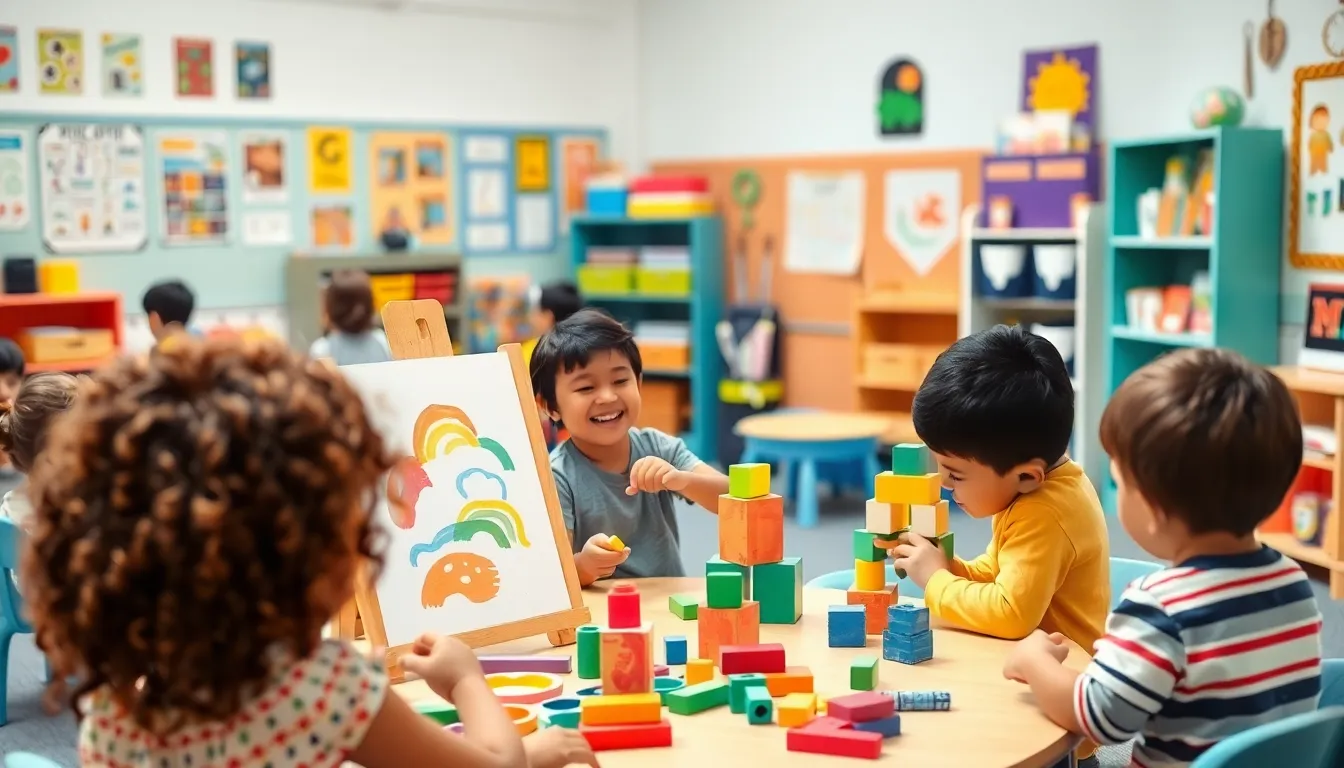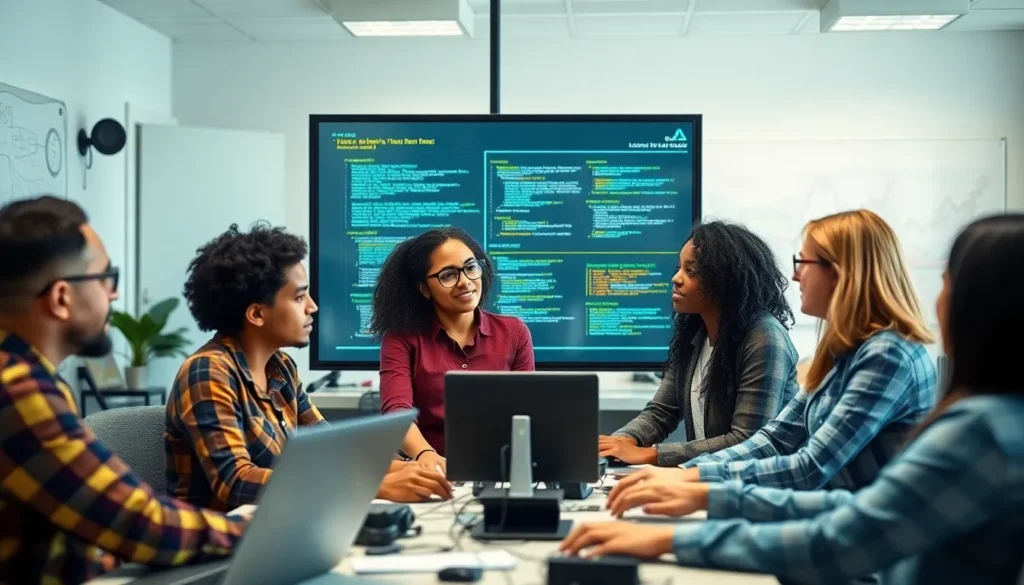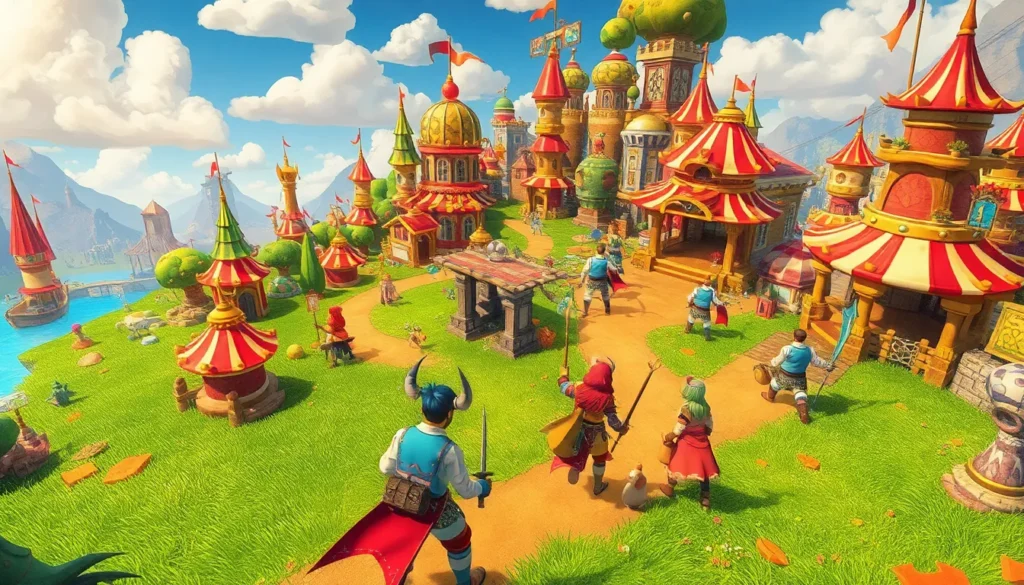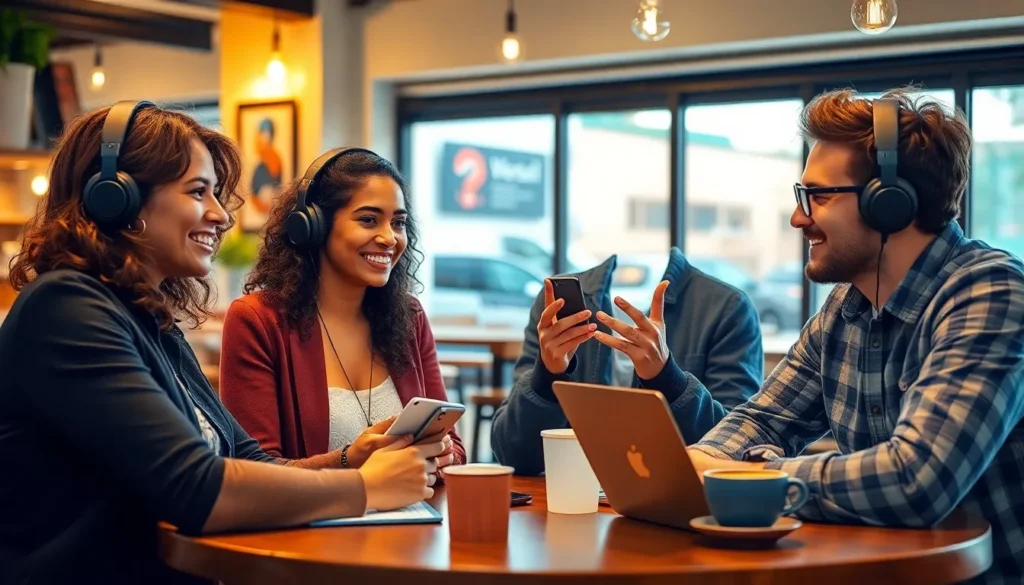Table of Contents
ToggleIn a world where every child is as unique as a snowflake, personalized learning for preschoolers has become the secret sauce for early education success. Forget the one-size-fits-all approach that treats every little learner like a cookie-cutter version of the next. Instead, imagine a classroom where each child’s interests and strengths take center stage, making learning not just effective but also downright fun.
Personalized learning isn’t just a buzzword; it’s the key to unlocking a child’s full potential. By tailoring lessons to fit individual needs, educators can spark curiosity and creativity in ways that traditional methods simply can’t. So, why settle for a bland educational diet when kids can feast on a buffet of personalized experiences? Let’s dive into how this innovative approach is transforming preschool education and setting the stage for lifelong learning.
Understanding Personalized Learning for Preschoolers
Personalized learning focuses on tailoring education to fit each preschooler’s unique needs, interests, and abilities. This approach allows educators to create engaging experiences that support individual growth and development.
Definition and Key Concepts
Personalized learning involves customizing teaching strategies to foster a child’s curiosity and engage their preferred learning styles. It incorporates ongoing assessments to track progress and adapt lesson plans accordingly. Flexibility is essential, as children benefit from materials that resonate with their interests, facilitating deeper connections to the content. Individualized instruction can include hands-on activities or structured play that cultivates critical thinking skills. Overall, this method shifts the focus from standardized outcomes to cultivating a love for learning.
Importance in Early Childhood Education
Personalized learning enhances early childhood education by promoting a child-centered approach. Research indicates that children thrive when learning experiences connect to their interests and strengths. Engaging preschools in personalized strategies fosters creativity and innovation, vital skills for future success. Furthermore, this approach supports social-emotional development. Preschoolers learn at their own pace, which builds confidence and motivation. Establishing these foundations early prepares children for lifelong learning, making personalized education critical in today’s preschool environments.
Benefits of Personalized Learning
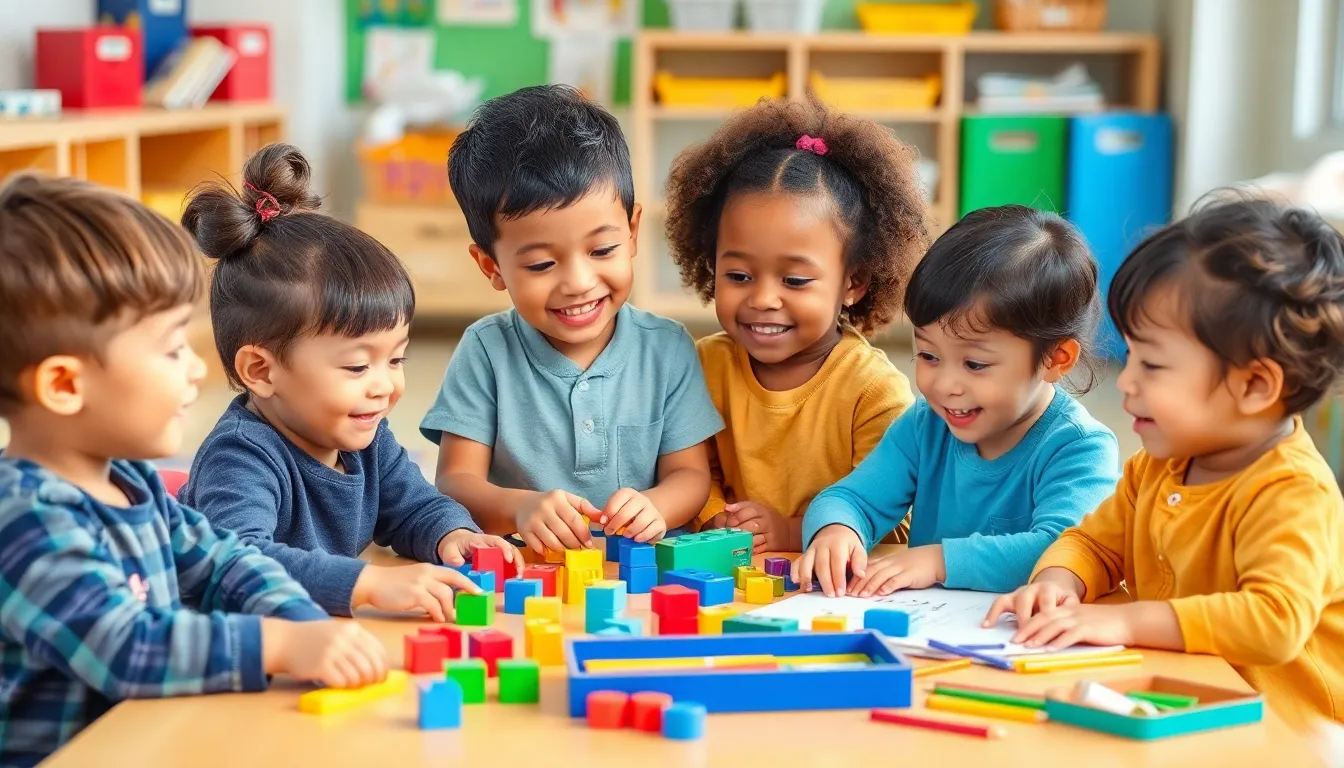
Personalized learning offers numerous advantages for preschoolers, focusing on their individual strengths and needs. This approach significantly enhances early education by tailoring experiences for each child.
Enhancing Individual Growth
Personalized learning nurtures a child’s unique abilities. By assessing skills and interests, educators can develop strategies that resonate with the child’s needs. Each lesson becomes a building block, fostering confidence and self-esteem. Children display improved cognitive development when they engage with material tailored to their levels. Targeted activities address gaps in knowledge effectively, ensuring a strong foundation for future learning. Consequently, children experience growth at their own pace, allowing them to flourish in a supportive environment.
Fostering Engagement and Motivation
Engagement levels rise when children connect with their learning. Personalized learning captures attention through relevant topics and activities. This tailored approach encourages active participation and curiosity. As children explore subjects that interest them, motivation increases significantly. They become more willing to participate, ask questions, and dive into new concepts. Education transforms into an enjoyable experience, promoting lifelong learning habits. Furthermore, when children feel motivated, they develop a positive attitude toward education, laying the groundwork for future academic success.
Implementing Personalized Learning Strategies
Implementing personalized learning strategies involves understanding each child’s unique preferences and strengths. This process fosters engagement and promotes effective learning outcomes.
Assessing Individual Learning Styles
Assessing individual learning styles plays a crucial role in personalized learning. Educators observe how children engage with materials, noting preferences for visual, auditory, or kinesthetic learning methods. Tools like surveys or informal assessments help identify these styles, providing insight into what captures children’s attention. Teachers can then adapt their approaches based on each child’s learning style, enhancing comprehension and retention. Frequent evaluations ensure that the assessments remain accurate and relevant as children’s interests evolve. Tailored feedback reinforces strengths and addresses specific areas for improvement, contributing to a supportive learning environment.
Creating Tailored Learning Plans
Creating tailored learning plans requires thoughtful collaboration between educators and families. These plans incorporate children’s interests, developmental stages, and learning goals, ensuring relevance and engagement. Incorporating various activities—such as hands-on projects, interactive stories, and group discussions—creates a dynamic learning experience. Flexibility within these plans allows educators to adjust based on ongoing assessments and children’s responses. Setting specific milestones ensures measurable progress while motivation thrives in an environment that respects individual pacing. Personalized learning plans not only benefit cognitive development but also encourage social-emotional growth through meaningful interactions.
Challenges and Considerations
Implementing personalized learning for preschoolers presents unique challenges and considerations. Resource availability plays a significant role in the effectiveness of this approach. Many preschools lack sufficient technology, learning materials, or training resources to support individualized curricula. Limited funding can restrict access to essential tools like tablets or interactive learning toys vital for personalized experiences.
Teacher training and support are equally crucial for success. Training educators in personalized learning strategies ensures they can adapt lessons to meet diverse needs. Without proper professional development, teachers may struggle to implement effectively. Ongoing support and collaboration among educators facilitate the sharing of best practices, enhancing the overall learning environment. Educators become more equipped to assess individual progress and adjust teaching methods based on children’s growth and engagement.
Personalized learning stands as a transformative approach in preschool education. By focusing on each child’s unique interests and strengths, it fosters an engaging and effective learning environment. This method not only enhances academic growth but also nurtures social-emotional development, building confidence and motivation.
As educators embrace personalized strategies, they create tailored experiences that resonate with young learners. This adaptability ensures that children remain engaged and excited about their education. The journey toward personalized learning may present challenges, but the benefits far outweigh the obstacles. Establishing these foundations early is essential for preparing preschoolers for a lifetime of learning success.

